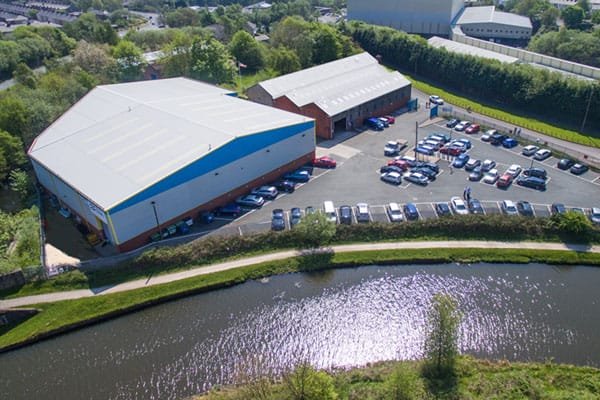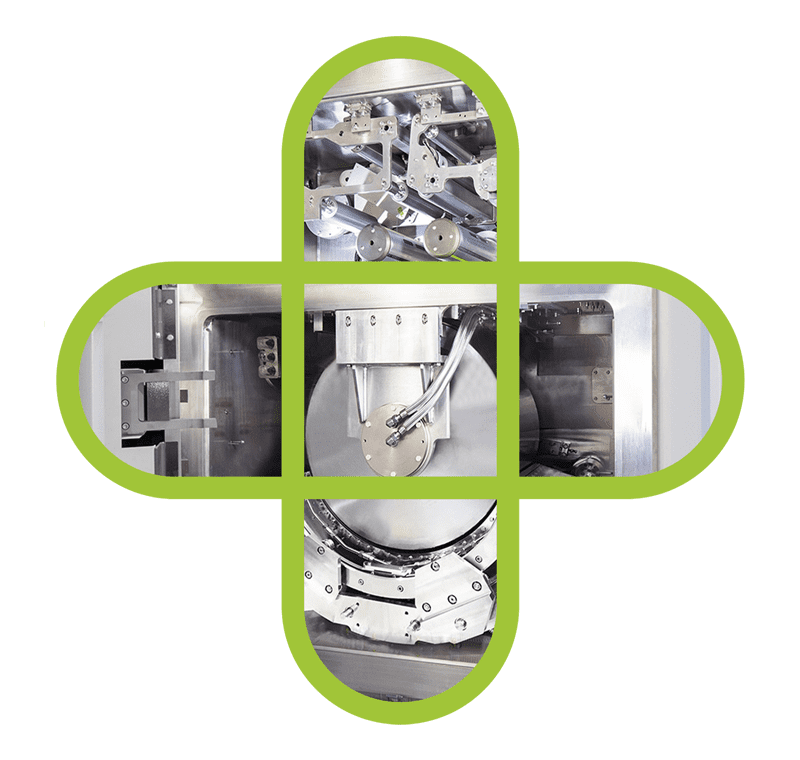E+R’s status as a pioneer in the development of ground-breaking green battery technologies has received its latest recognition through a second funding grant from the UK’s Faraday Battery Challenge.
The new finance has been awarded to an eight-organisation consortium, of which E+R is a leading member, that is aiming to develop commercially viable lithium-sulfur (Li-S) batteries.
These devices represent a promising technology, due to factors such as their relatively high energy density and low cost. They are therefore used where quality performance, lightweight batteries are needed, such as in some aerospace and electric vehicle applications.
The consortium including E+R is now aiming to significantly accelerate Li-S batteries’ development, scale-up and commercialisation. Its specific goals include improving markedly the number of times the batteries can be cycled before reaching end-of-life, the energy they can store per unit volume, and the temperature range over which they can operate.


E+R’s partner organisations in the consortium are: OXLiD, which supports the development and commercialisation of Li-S batteries; the University of Nottingham; University College, London; William Blythe, which delivers speciality chemical solutions; WAE, a technology and engineering services business; Exawatt, which provides consulting, manufacturing cost forecasting and technology analysis; and Infineum, a speciality chemicals company.
Simon Cheung, head of E+R’s vacuum business unit, said: “Our consortium’s finance is part of a £27.6m funding round being implemented under the Faraday Battery Challenge. This is investing in research and innovation projects, plus facilities, that will drive the growth of a strong green battery business in the UK.
“The challenge aims to develop technologies that are cost-effective, high performing, long range, fast charging, lasting, safe, and sustainable. It began in 2017, runs until March 2025 and has an overall budget exceeding £540m.”
UK Research and Innovation (UKRI), a public body sponsored by the government’s Department for Science, Innovation and Technology, is overseeing the Faraday Battery Challenge. UKRI brings together: the seven disciplinary research councils; Research England, which supports investigation and knowledge exchange at higher education institutions; and Innovate UK, the state innovation agency.
Innovate UK is delivering the challenge alongside: the UK Battery Industrialisation Centre, the publicly funded Coventry facility which can be accessed by any organisation developing relevant green technologies; and the Faraday Institution, the UK’s flagship independent institute for areas such as electrochemical energy storage research, skills development, and early-stage commercialisation.
Simon said: “News of this latest finance follows the announcement in July 2021 that we’d been granted funding during the challenge’s previous round. This was as a member of a consortium also comprising leading motor manufacturer Nissan and the universities of Oxford and Warwick.
“Part of a £10m disbursement to 17 projects, that backing was for our initiative investigating ways to reduce the processing costs of fabricating negative electrodes for lithium-metal, sulphide-based, all solid-state battery cells, that can be used in electric vehicles.”


Solid-state batteries contain electrolytes, facilitating the movement of ions between electrodes, that consist of hard materials, such as graphite. They therefore contrast with the lithium-ion type – often currently found in devices such as laptops and smartphones, as well as electric vehicles – which have electrolytes made of liquid or polymer gel.
Advantages of solid-state technology can include greater energy storage density, increased reliability, better wear resistance, faster charging, and improved safety.
Simon said: “Our project aims to end the current position in which electric vehicle manufacturers must effectively choose between performance – over aspects such as range, power, or life – and cost, when selecting batteries. If successful, our initiative could lead to higher quality and lower priced vehicles becoming widely available, which would spur customer demand.
“This project could therefore prove a significant advance towards the government’s aim of ending the sale of petrol and diesel cars from 2030 and hybrid vehicles by 2035 being achieved.”
Manufacturing next-generation energy storage devices, such as batteries, is a common application for the specialist equipment E+R produces. The company has grouped together its machines particularly suitable for making low carbon and other environmentally friendly products such as these in its Horizons range.
